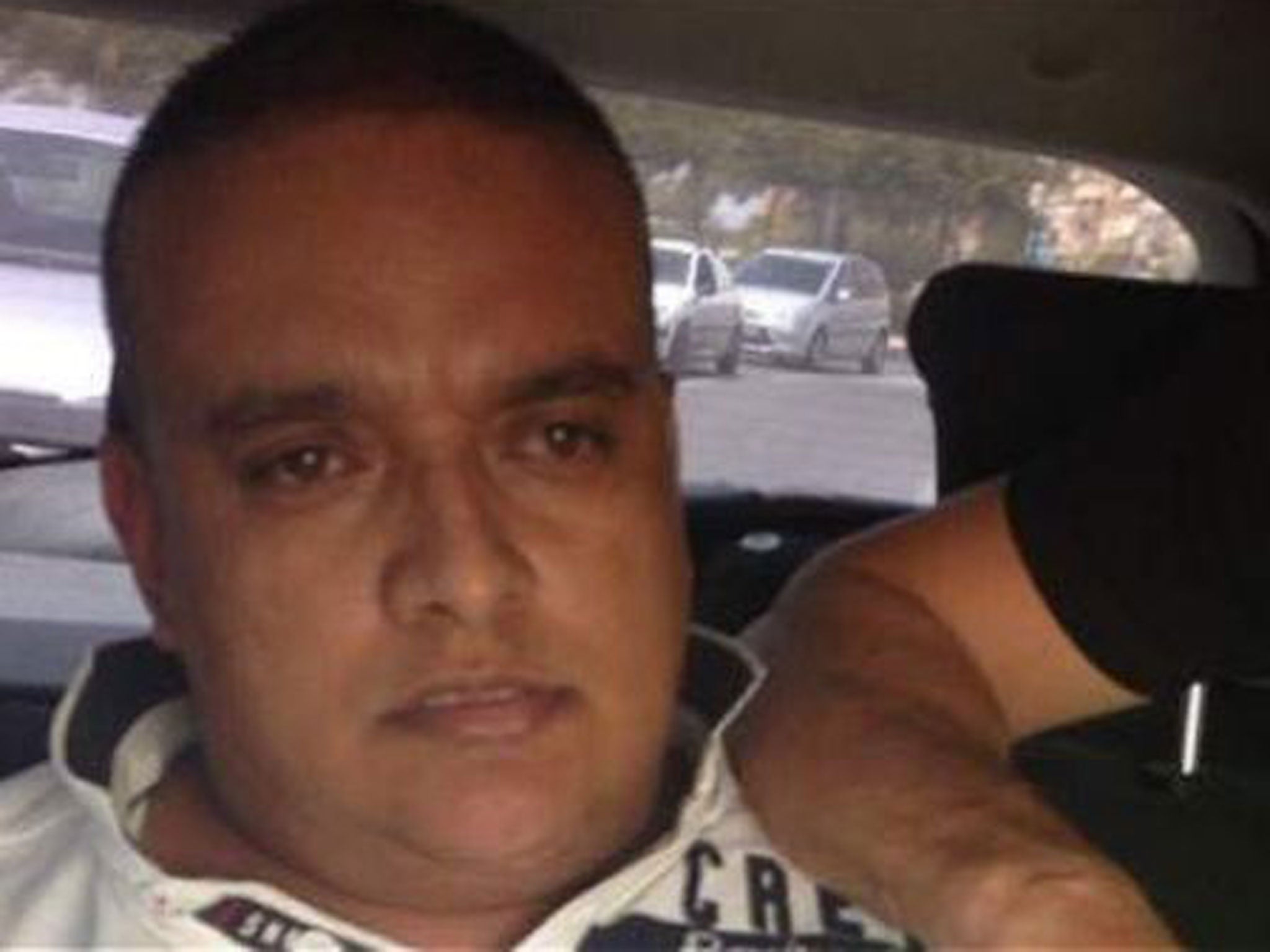'The Mouse': Colombian drug cartel leader is trapped in Spain
'He will have to answer for more than 300 homicides attributed to him'

Your support helps us to tell the story
From reproductive rights to climate change to Big Tech, The Independent is on the ground when the story is developing. Whether it's investigating the financials of Elon Musk's pro-Trump PAC or producing our latest documentary, 'The A Word', which shines a light on the American women fighting for reproductive rights, we know how important it is to parse out the facts from the messaging.
At such a critical moment in US history, we need reporters on the ground. Your donation allows us to keep sending journalists to speak to both sides of the story.
The Independent is trusted by Americans across the entire political spectrum. And unlike many other quality news outlets, we choose not to lock Americans out of our reporting and analysis with paywalls. We believe quality journalism should be available to everyone, paid for by those who can afford it.
Your support makes all the difference.Spanish police have arrested Hernan Alonso Villa, one of Colombia’s most-wanted men and a leader of the Envigado Office criminal organisation, a successor to the notorious Medellin Cartel which is charged with hundreds of murders.
“He will have to answer for more than 300 homicides attributed to him in a confrontation between ‘Sebastian’ and ‘Valenciano’,” the head of Colombia’s National Police, General Rodolfo Palomino, said on television, referring to a turf war between former leaders of the Envigado Office and a rival gang.
As head of the Envigado Office’s military wing, Alonso Villa – nicknamed “Raton” (the Mouse) – had more than 200 people under his command and was in charge of exporting cocaine to the US, Spain and the Netherlands via routes he and his organisation controlled. Alonso Villa had an extradition warrant pending against him from Colombia, where, in addition to murder, he is wanted for charges including kidnapping and illegal possession of firearms.
A statement from the National Police Corps in Spain added that Alonso Villa and the Envigado Office also dominated drug trafficking in the Antioquia-Medellin region of Colombia, which is the world’s second-largest cocaine-producing country and one of the drug’s major exporters.
Police stopped Alonso Villa, aged 40, on Friday whilst he was driving along a motorway on the outskirts of Alicante, a resort town and port on Spain’s south-east coast. He was in possession of €40,000 in cash, which police said was related to drug trafficking and paying hired killers.
Alonso Villa had tried to avoid capture by constantly changing address and telephones, as well as using several false identities, but police caught up with him after a month-long search during which they swapped intelligence with the Colombian authorities.
The United Nations Office on Drugs and Crime has identified Spain as a major transhipment country between producer countries in South America and Europe. The latter, as a whole, is the second-largest cocaine-consuming area in the world after the US, and imports an estimated 124 tons of the drug a year.
As an example of the scope of cocaine imports to Spain, in May police seized 2.5 tons of the drug in the port of Algeciras, in what they said was one of the largest such hauls ever in a European Union port. The cocaine was hidden in thousands of packets secreted amongst a container full of pineapples which had been shipped from Costa Rica, in Central America.
Police said, however, that the same company had shipped 140 containers since the beginning of 2013, thus making it difficult to track down smuggling.
Named after a suburb of Medellin in Colombia, the Envigado Office is one of several drug gangs to have emerged in the South American country to fill the vacuum left by the downfall of the Medellin Cartel in the early 1990s, after the capture and killing of its former chief, Pablo Escobar. The Medellin Cartel was once so powerful that it killed dozens of officials and bribed thousands more to prevent the extradition of Escobar to face trial in the US.
Subscribe to Independent Premium to bookmark this article
Want to bookmark your favourite articles and stories to read or reference later? Start your Independent Premium subscription today.